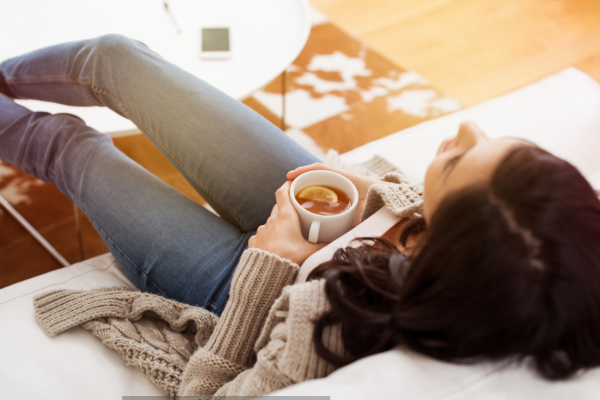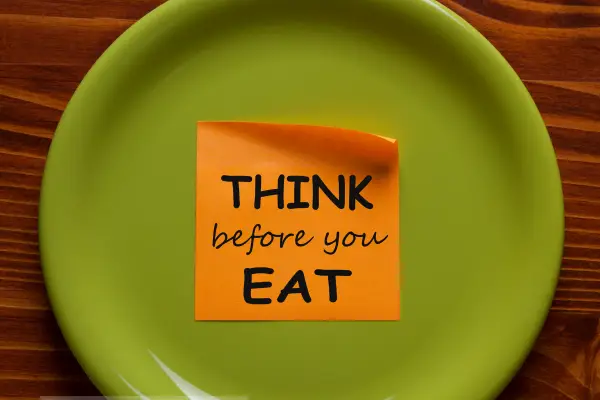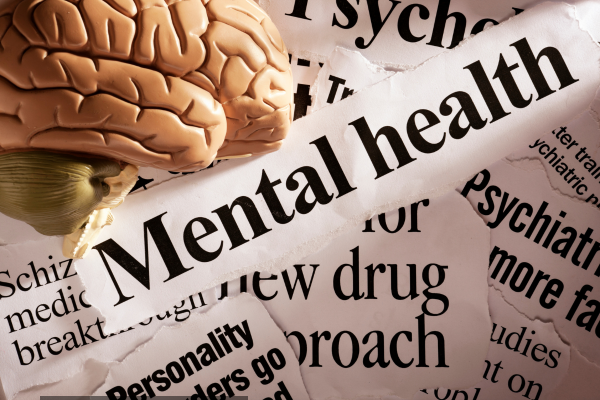Table of Contents
Introduction: Understanding the Journey from Anxiety to Calm
Anxiety can feel overwhelming. You may feel tense, unable to relax, or constantly worried. However, there are ways to change this. Transitioning from anxiety to calmness involves adopting effective relaxation strategies. These strategies help you find peace in your daily life. In this blog, we will explore ten top techniques to move from anxiety to a state of calm. You will learn about the benefits of taking vacations, engaging with nature, and other proven methods.
1. Embrace Nature for Instant Calm
Engaging with nature offers an incredible way to reduce anxiety. The fresh air, green surroundings, and peaceful sounds of nature work wonders. Research has shown that spending time outdoors helps lower stress hormones and increase happiness.
- Nature Walks: Taking regular walks in a park or forest boosts mood and clarity.
- Outdoor Exercise: Activities like hiking, cycling, or even gardening keep both the mind and body active.
- Mindful Observation: Simply sitting and observing nature can bring about calm and focus.
Engaging with nature also helps you disconnect from daily stressors. The simple act of stepping outside, even for a few minutes, can instantly lift your spirits and reduce anxiety.
2. The Power of Mindfulness Meditation
Mindfulness meditation is a proven technique for reducing anxiety. This practice involves focusing on the present moment without judgment. It teaches you to observe your thoughts and feelings without becoming overwhelmed by them.
- Breath Awareness: Concentrating on your breathing helps you stay grounded in the present.
- Body Scan: A body scan meditation allows you to notice tension in your body and release it gradually.
- Guided Meditation: Using guided sessions can make mindfulness easier for beginners.
By practicing mindfulness regularly, you develop better control over your reactions to stress. This approach enables you to maintain a sense of calm even in challenging situations.
3. Benefits of Taking Regular Vacations
Taking vacations is an essential strategy for reducing anxiety and promoting relaxation. Stepping away from your routine and daily pressures allows your mind to reset and recharge.
- Change of Scenery: Exploring new places provides fresh perspectives and new experiences.
- Break from Routine: A vacation breaks the monotony of daily life, helping to reduce stress.
- Quality Time: Spending time with loved ones or alone can deepen relationships and self-awareness.
Vacations provide you with the chance to relax fully, free from the demands of work or household responsibilities. Whether it’s a weekend getaway or a longer trip, regular vacations are key to sustaining mental health.
4. Engage in Creative Hobbies
Creative hobbies offer a fantastic way to transition from anxiety to calmness. These activities allow you to express emotions and ideas in a positive, constructive way.
- Artistic Expression: Painting, drawing, or crafting can be incredibly soothing.
- Writing: Journaling or creative writing helps process thoughts and feelings.
- Music: Playing an instrument or listening to calming music helps relieve stress.
Engaging in creative hobbies encourages relaxation by shifting your focus away from anxiety-provoking thoughts. These activities can also provide a sense of accomplishment, further boosting your mood.
5. Incorporate Regular Exercise into Your Routine
Physical activity is a powerful tool in managing anxiety and promoting calmness. Exercise releases endorphins, the body’s natural stress relievers, and improves overall well-being.
- Cardio Workouts: Running, swimming, or cycling are great for reducing stress.
- Strength Training: Lifting weights or bodyweight exercises improve both physical and mental strength.
- Yoga: Combines physical movement with mindfulness, offering a holistic approach to relaxation.
Incorporating regular exercise into your routine not only helps manage anxiety but also improves sleep, increases energy levels, and enhances mental clarity.
6. The Role of Balanced Nutrition in Mental Health
Your diet plays a crucial role in your mental health. Eating a balanced diet helps stabilize your mood and reduce anxiety.
- Nutrient-Rich Foods: Foods high in vitamins, minerals, and antioxidants support brain health.
- Avoiding Stimulants: Limiting caffeine and sugar intake can prevent anxiety spikes.
- Regular Meals: Eating at regular intervals keeps blood sugar levels stable, reducing mood swings.
By paying attention to what you eat, you can manage anxiety more effectively and feel calmer throughout the day.
7. The Calming Effects of Essential Oils
Aromatherapy, the use of essential oils, is a popular method for relaxation. Certain scents have been shown to reduce anxiety and promote calm.
- Lavender: Known for its soothing properties, lavender helps to calm the nervous system.
- Chamomile: Another calming scent that can reduce stress and promote sleep.
- Eucalyptus: Helps clear the mind and can relieve tension.
Incorporating essential oils into your daily routine, whether through diffusers, baths, or direct application, can significantly enhance your relaxation efforts.
8. Quality Sleep: Foundation of a Calm Mind
Sleep is vital for mental health and managing anxiety. Poor sleep can worsen anxiety symptoms, while good sleep promotes calmness and resilience.
- Establish a Routine: Going to bed and waking up at the same time every day improves sleep quality.
- Create a Relaxing Environment: A cool, dark, and quiet bedroom helps promote restful sleep.
- Limit Screen Time: Reducing exposure to screens before bed helps your body prepare for sleep.
Prioritizing quality sleep is essential for maintaining a calm and balanced state of mind.
9. Building a Supportive Social Network
Social connections are crucial for mental well-being. Surrounding yourself with supportive people helps reduce anxiety and fosters a sense of calm.
- Regular Interaction: Spending time with friends and family boosts mood and reduces stress.
- Open Communication: Sharing your thoughts and feelings with trusted individuals provides relief.
- Community Involvement: Joining groups or clubs offers a sense of belonging and support.
Having a strong social network acts as a buffer against anxiety and provides comfort during challenging times.
10. Practicing Deep Breathing Techniques
Deep breathing is a simple yet powerful tool for calming the mind. It helps regulate your body’s stress response and promotes relaxation.
- 4-7-8 Technique: Inhale for 4 seconds, hold for 7, and exhale for 8. This slows down your heart rate.
- Diaphragmatic Breathing: Breathe deeply from the diaphragm rather than shallowly from the chest.
- Box Breathing: Inhale, hold, exhale, and hold each for 4 counts to stabilize your breath.
Incorporating deep breathing exercises into your daily routine can help you quickly transition from anxiety to a state of calm.
Conclusion: Moving Forward with Calmness
Transitioning from anxiety to calm requires a combination of strategies. By incorporating these top relaxation techniques into your life, you can experience a profound shift in your mental health. From embracing nature to practicing deep breathing, each method contributes to a calmer, more balanced state of being. Remember, consistency is key. Over time, these practices will help you maintain calmness even in the face of challenges.










